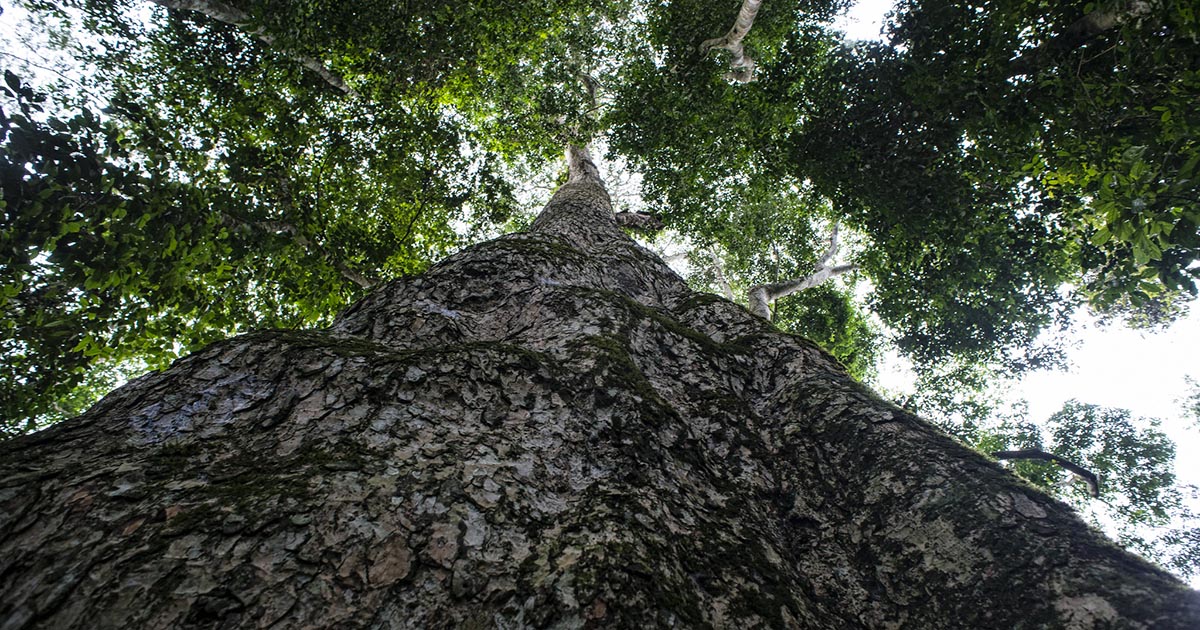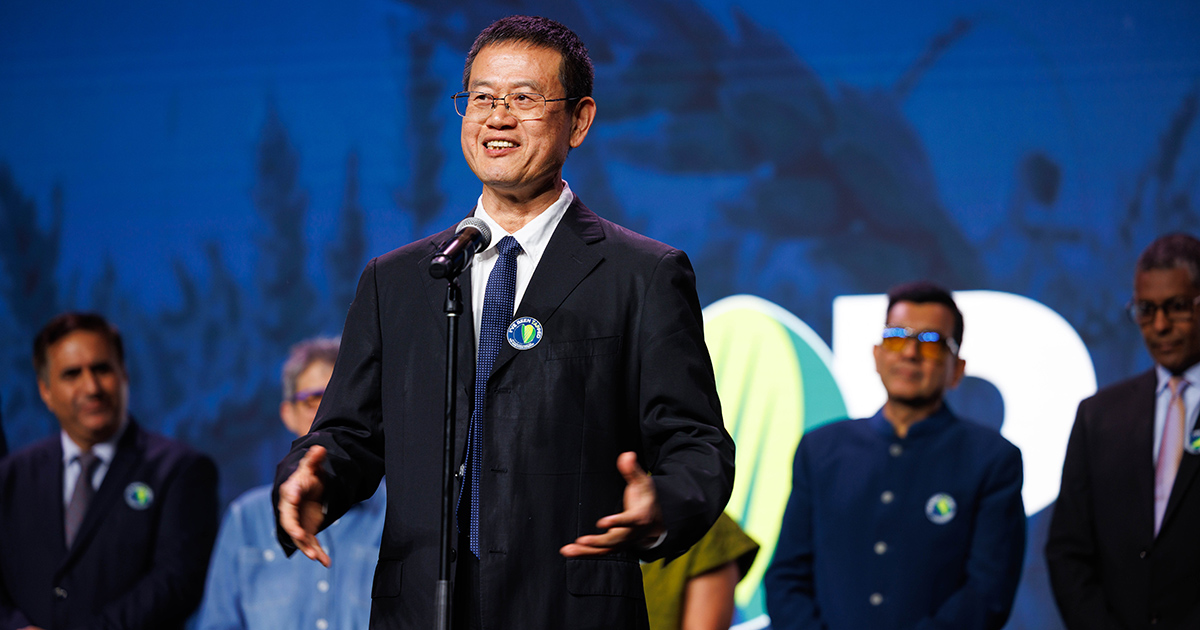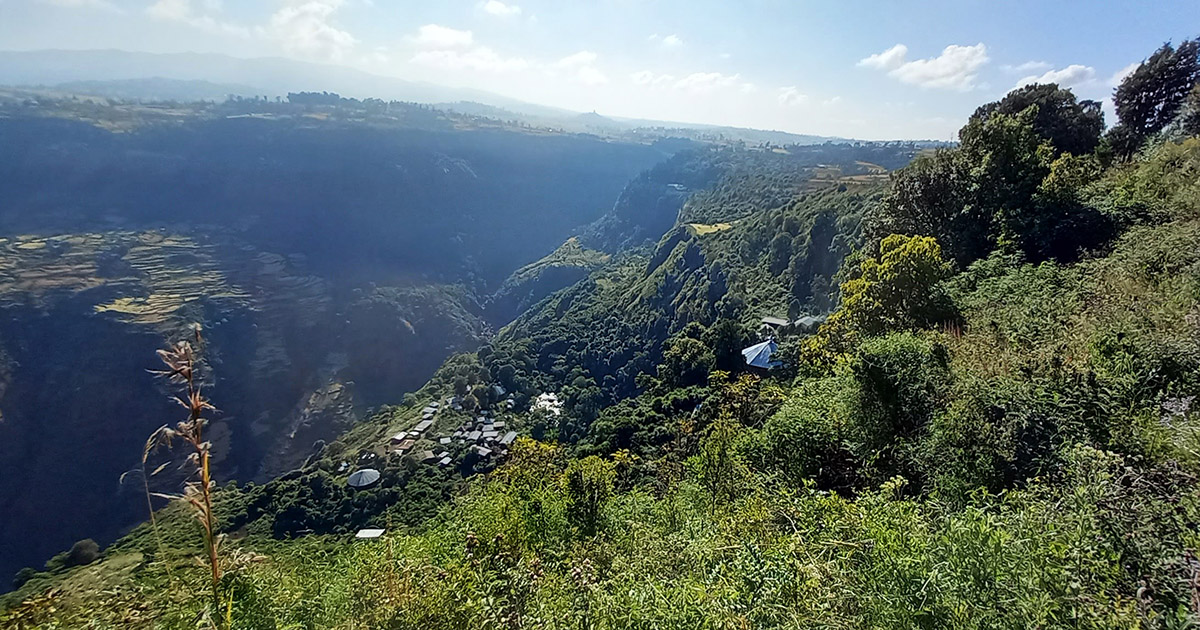Forest carbon markets are increasingly promoted as a potential solution to reduce emissions and help countries meet their commitments under the Paris Agreement. However, concerns persist among key stakeholders – particularly Indigenous Peoples and local communities – about the extent to which they will benefit from these initiatives. Central to the debate is the question of benefit sharing: who should benefit and how should those benefits be distributed? In countries like Vietnam, this remains a pressing issue for policymakers, practitioners and local communities alike.
Various governments and carbon standard-setting bodies have developed guidelines of an ‘effective’ benefit-sharing mechanism. However, these frameworks are often top-down, heavily influenced by Western norms and disconnected from the lived realities and perceptions of local stakeholders. Using Vietnam as a case study, this paper explores how local actors conceptualize and define impactful benefit-sharing mechanisms. Our findings highlight a significant disconnect between international frameworks and local communities’ daily experiences and values. The paper argues for a re-grounding of benefit-sharing concepts that are responsive to multi-scalar perspectives and rooted in local understandings of fairness and impact. Only through such an approach can benefit-sharing mechanisms be considered truly just and effective.
DOI:
https://doi.org/10.17528/cifor-icraf/009390Altmetric score:
Dimensions Citation Count:
Publisher
CIFOR-ICRAF: Bogor, Indonesia and Nairobi, Kenya
Publication year
2025
Authors
Pham, T.T.; Duong, N.P.; Le, T.T.T.; Nguyen, D.T.
Language
English
Keywords
forest carbon, carbon markets, benefit sharing, indigenous peoples, local communities, equity, participatory approaches, governance, climate change mitigation, sustainable forestry, environmental impact
Geographic
Viet Nam















